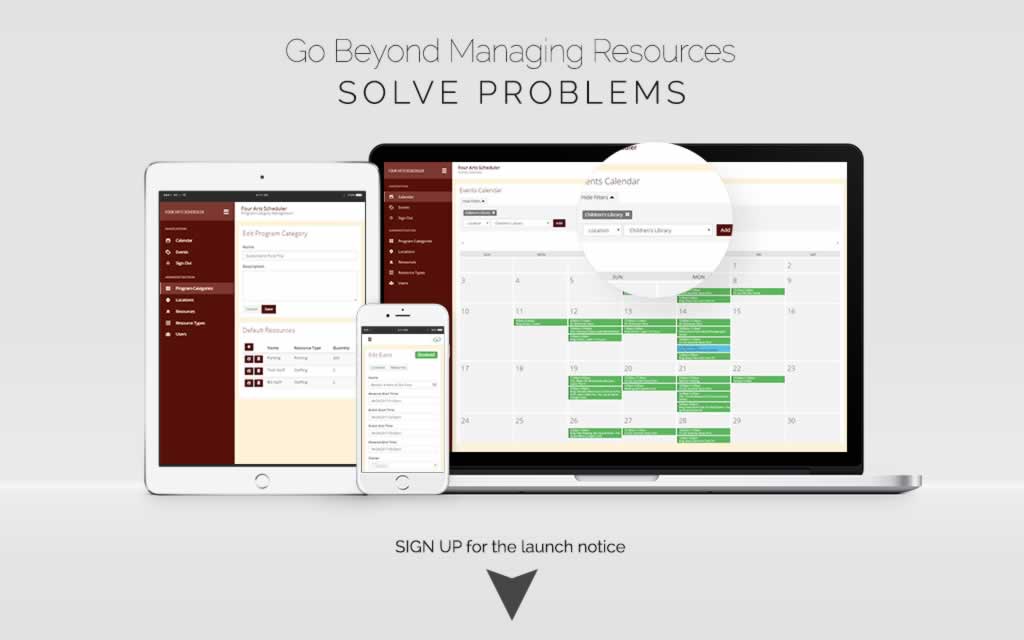When it comes to planning orchestra concerts there’s a tremendous amount of logistics involved and the more venues an orchestra utilizes, the more plans need to be reviewed. As a result, one issue which appears to fall through the cracks at a number of organizations is on site review, which entails reviewing first hand the acoustic and logistical issues of each individual location.
Most organizations do a decent job of reviewing a venue’s acoustics (even if their conclusion is that they don’t like them very much) but it’s the other issue which receives the short end of the stick more often than it should.
When you examine the logistical issues of a venue, you’re not simply looking at the size of the stage and ensuring that all of the minimum working conditions stipulated by the collective bargaining agreement (CBA) are acceptable. You also need to consider all of the basic State and Federal government related workplace requirements are met.
In particular, many run out concerts or any sort of performing in a pit are rife with possible violations. I’m always amazed by how many managers and musicians tend to get so wound up over collective bargaining work rule issues that they forget about the government requirements.
This week alone I’ve received two phone calls from players complaining about their physical working conditions and asking my opinion about what they should do. One was from an orchestra who is playing in an opera pit and is sure that they smell auto exhaust fumes. The other was from a musician that said there wasn’t enough light to see without straining their eyes due to the fact that their new run out location doesn’t allow for stand lights to be used; as a result, they go home with terrible headaches after every performance.
They both said that they immediately asked their managers and union representatives about how the problem could be fixed and both sides immediately stuck their noses into a copy of the CBA. Both musicians said that their respective situations did not satisfactorily resolve their concerns and the union and managers are either ignoring the problem or don’t know how to proceed.
In both cases I told these musicians the same thing I tell every musician who contacts me with similar problems (which happens frequently); they should contact OSHA, the U.S. Department of Labor’s Occupational Safety & Health Administration. OSHA’s well known for enforcing workplace safety in industries which maintain an inherent level of danger, such as construction, manufacturing, etc. However, for whatever reason, musicians and managers don’t think of OSHA requirements as much as they probably should.
As stated on their website, OSHA’s mission is to,
” assure the safety and health of America’s workers by setting and enforcing standards; providing training, outreach, and education; establishing partnerships; and encouraging continual improvement in workplace safety and health.”
As their mission says, OSHA does conduct training programs for business and workers. The clever managers and musician union leaders out there will seek their help to avoid potential problems (and injuries!) before they can happen. OSHA even provides grants especially for nonprofit organizations on a competitive basis through their Susan Harwood Training Grant Program.
The application deadline for this year just expired on June 21st of this year. I wonder how many orchestras applied

